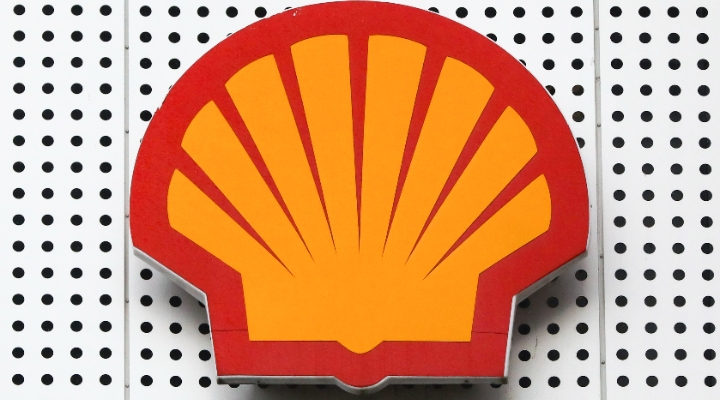Morningstar's "Perspectives" series features investment insights from selected third-party contributors.
The performance of UK equities has not been without its own drama of late. We’re reliably informed that the UK stock market has seen its worst start to the year since 2008. For those needing a gentle reminder, that coincided with the start of the world’s financial crisis. And yet, seven years on and the world is a different place, slowly but surely continuing to heal, with central banks still having to be incredibly supportive.
So which arch villain has been responsible for spooking the markets this time? Look no further than the plunge in the oil price. In early December I noted that the rapid demise of Brent Crude could lead to it going to an almost unthinkable – at the time – $50 a barrel or below, a near halving in six months. Now we are at that level, and for those who are wondering where we go from here, the honest answer is that it doesn’t really matter.
The Saudis have set in motion what they want to achieve. Sooner rather than later investment by the Canadians, Americans and others will result in the higher cost, and more unconventional areas of extracting oil, notably oil sands in Canada, shale projects in the US and deepwater drilling projects in the Gulf of Mexico and elsewhere, being abandoned.
The market is rightly searching for casualties and there are already obvious candidates. The most identifiable are the oil majors, suppliers to the oil industry, some sovereigns and lenders to all of the above. The presence of hedging contracts could delay the pain somewhat, so the real impact on company cashflows will take several months to come through. But casualties there will be.
Yet, at some stage, investors will move out of Armageddon mode and focus on the massive benefits that will accrue from a lower oil price.
Western consumers and Western corporations, as well as the Asian economies of China and Indonesia will be amongst the immediate beneficiaries. Already economists are busy constructing models, trying to quantify the benefits. In the US, for example, the advantage of an average earning American doing average mileage should equate to a 2% pay rise as a result of the falling oil price.
Let’s not forget the massive benefit a falling oil price has on Europe. All eyes at the moment are on Mario Draghi, and whether or not, having been given the green light to do so, he will push the button on full-blown quantitative easing. I remain deeply sceptical over the impact of indiscriminate bond buying on loan demand. Much more quantifiable are the benefits of a falling oil price, coupled with ongoing weakness in the euro. These two factors could really help growth in the eurozone towards the second half of the year. Watch this space.
And so to the UK. While the momentum of growth is slowing here, the labour market is still supportive and further falls in inflation beneficial. Electoral uncertainty inevitably exists and already appears to be taking its toll on corporate confidence, as evidenced by Deloitte’s quarterly poll of UK CFOs. As a result the UK stock market is likely to be stuck in a trading range for the first half of the year, with sterling drifting gently towards £/US$ 1.40, clearly helpful for overseas earners.
The stiffest headwind in the US, apart from the more obvious stretched valuations and impacts of a stronger dollar on US corporations, is history.
The US stock market has risen for six consecutive years now. The odds of that becoming seven are heavily stacked against it. But then again we have to keep on reminding ourselves that we are not in a ‘normal’ stock market cycle. All the academic studies indicate that post a financial crisis, the ‘normal’ economic timeline goes out of the window. Forget the six to seven year cycle. We’re told it could be 15, or possibly even 20 years, before the healing process has restored us to a more familiar world.
And what of the bond market? Just why were so many of us caught out by its direction in 2014 and for the first few weeks of 2015? Well, the answer could simply be that it continues to be a deflation hedge against the uncertain global growth outlook and the continuation of its role as a safe haven asset.
So where does this leave us? We’ll need to see global broadening and strengthening of profits growth. The aforementioned headwinds are likely to act as a brake on profits for the first half of 2015.
The second half of 2015 however is shaping up to be more promising in this respect, with earnings growth essential for any share price progression. In essence, more of the same. More healing, certainly more volatility, but probably more progress.
Morningstar Disclaimer
The views contained herein are those of the author(s) and not necessarily those of Morningstar. If you are interested in Morningstar featuring your content on our website, please email submissions to UKEditorial@morningstar.com.




























